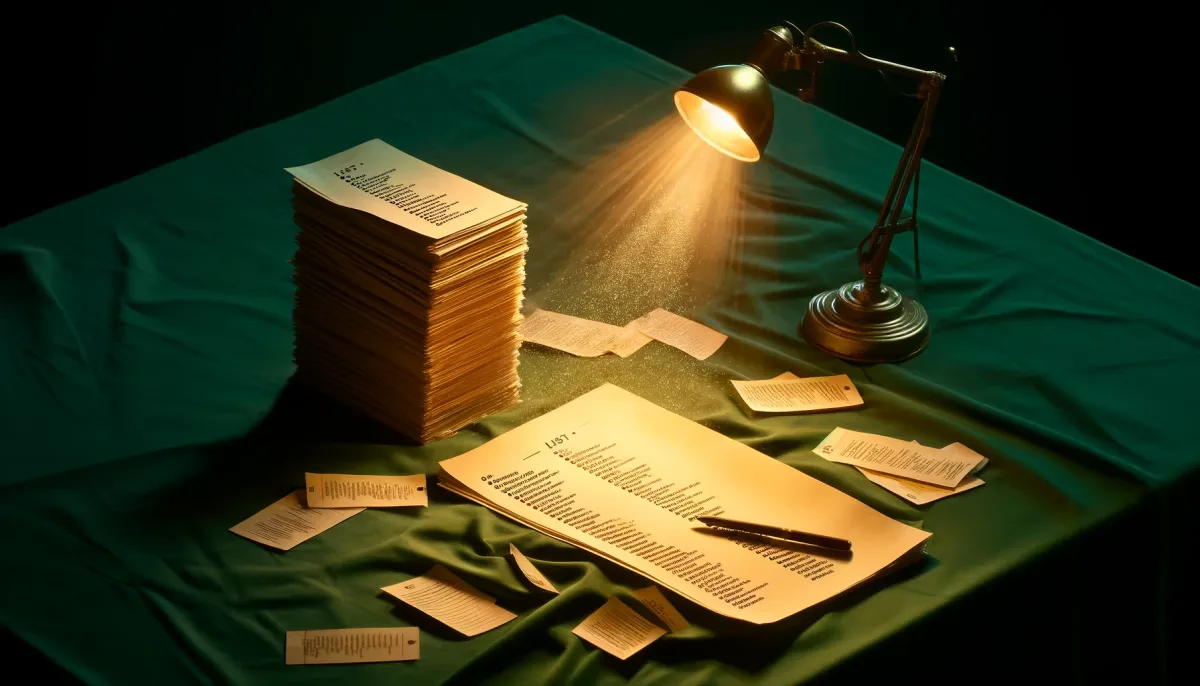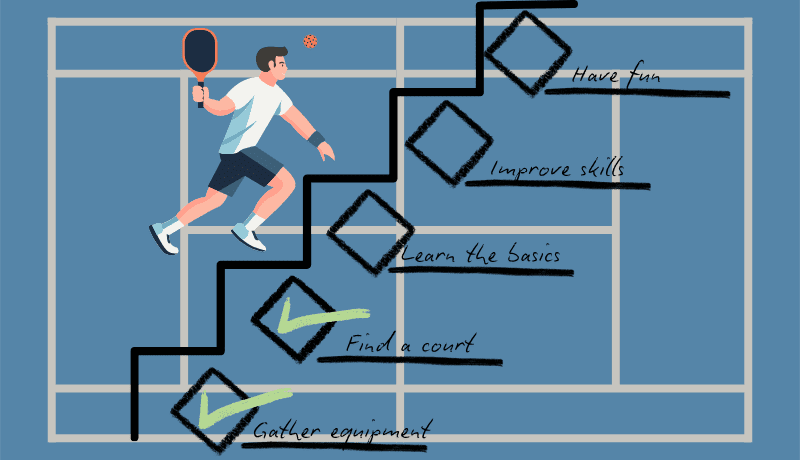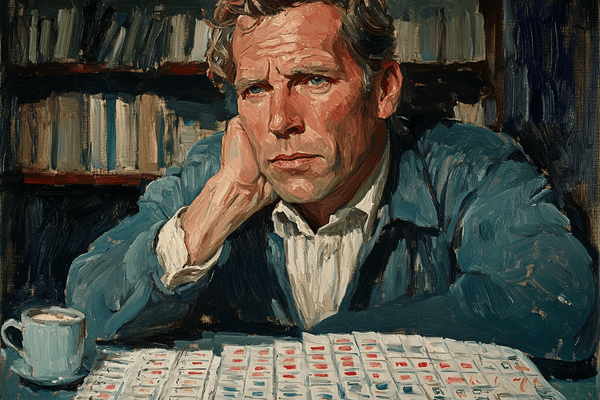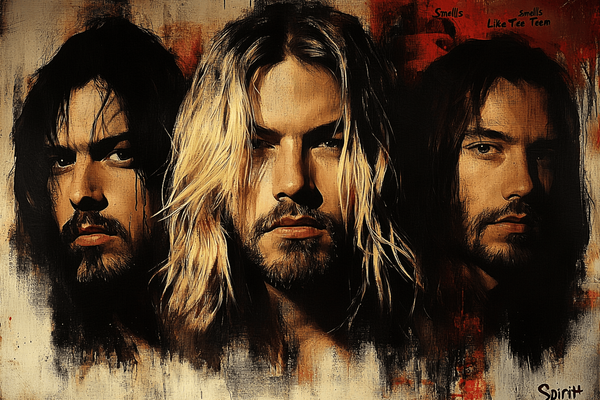Is there anything more primary than a list?

It seems that a list is such an elementary thing that there is nothing to appear before it. Maybe just a list item. However, there is something quite significant that precedes a list. The lists discussed here are the tools, and each tool has a purpose. Look at the definitions of the word “tool” [1]:
A piece of equipment that you use with your hands to make or repair something.
Something that helps you to do a particular activity.
Both definitions are aimed at doing. In the first case, it’s about physically creating, in the second case it’s about more abstract doing something particular. Both definitions indicate that tools are about achieving the goals they were created for. To get the most out of a list, you shouldn’t consider it as something existing on its own, something immutable. It should be considered an adjustable tool aimed at achieving its purpose.
Let’s look at ants. What goals do they have? They tend to have many, and one of these goals is to get some food. The way they do it appears surprisingly in tune with our discussion about tools and goals, let’s see it closer.
First, ants engage in random walking until they locate food, which is the target. If the food is large, it’s not possible to carry it all away at once. More ants and several trips are needed to here, but how to inform others about this wonderful “here”? The lucky discoverer needs to mark the path for himself and his comrades. This path is a list of steps and directions leading to the food, the goal. To achieve it once again, on the way to the anthill the ant leaves a special smell, signaling that food has been found. The path is not immediately straight, but it already leads to the result.
I’ll quote Richard Feynman’s “Surely You're Joking, Mr. Feynman!” [2] to illustrate what happens next:
This second ant was in a great hurry and followed, pretty much, the original trail. But because he was going so fast he would go straight out, as if he were coasting, when the trail was wiggly. Often, as the ant was “coasting,” he would find the trail again. Already it was apparent that the second ant's return was slightly straighter. With successive ants the same “improvement of the trail by hurriedly and carelesly “following” it occurred.
Even though the goal was always the same — food, over time the list consisting of steps to it was optimized, that is, the path was shortened. This allowed ants to achieve the desired results faster. Likewise, lists can be refined over time, focusing on something more primary — its goal.
List of links:
[1] “Tool” definition from the Cambridge Dictionary
[2] Richard Feynman “Surely You're Joking, Mr. Feynman!”, ISBN 978-0-04-530023-2



